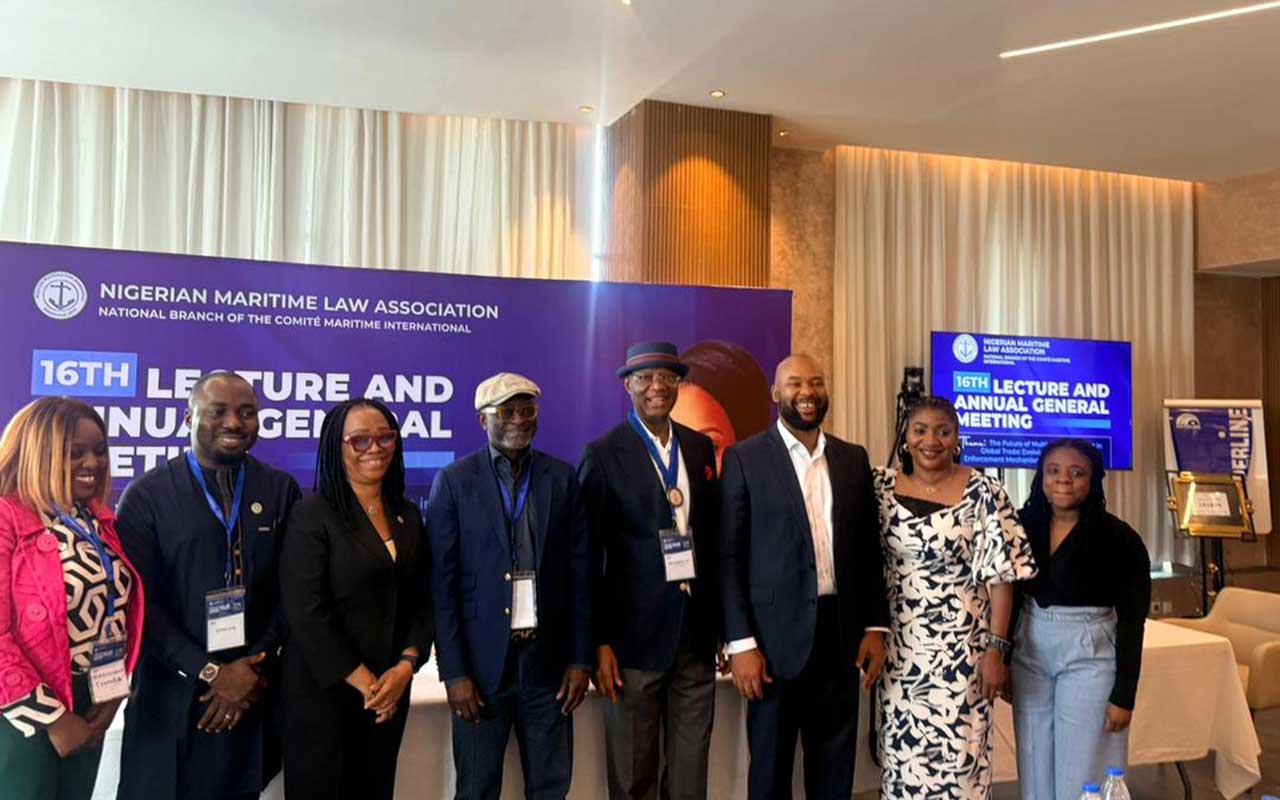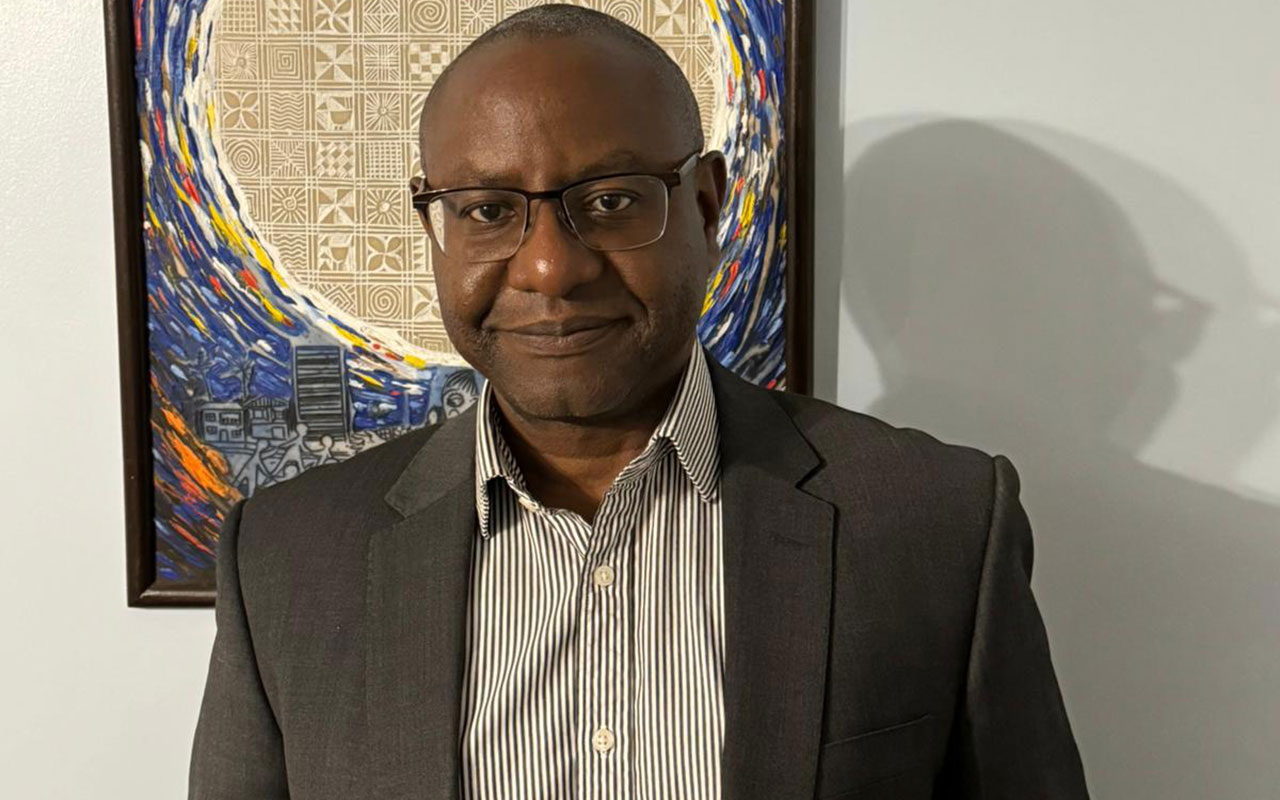•Leaders meet to develop performance scorecard for implementation committee
Nigeria has signalled a decisive push to lead Africa’s single-market ambitions with the opening of the maiden African Continental Free Trade Area (AfCFTA) Public Private Press (P3) Summit in Abuja.
The summit is a critical part of advancing AfCFTA implementation with a performance scorecard of the Central Coordination Committee.
Declaring the summit open, the Minister of Industry, Trade and Investment, Dr Jumoke Oduwole, said the AfCFTA represents “one of the most ambitious economic integration efforts in the world,” offering a $3.4 trillion market and a population of 1.4 billion consumers.
She argued that Nigeria’s economic future is deeply tied to the continental agreement, adding that “Africa retains more value when it trades with itself”.
Oduwole hailed Nigeria’s progress in the effort to achieve a single market, saying the country was the first African country to ratify the AfCFTA Protocol on Digital Trade following approval by the Federal Executive Council (FEC).
The milestone, she said, has positioned Nigeria for full-scale implementation and opens market access for the country’s digital services and technology firms.
She credited the progress to years of collaboration among public institutions, private sector partners and development agencies.
Oduwole also commended the Nigerian Customs Service (NCS) and the Nigeria Immigration Service (NIS) for supporting reforms that would be critical to overcoming regulatory and logistical hurdles in cross-border trade.
She stressed that no country could unlock AfCFTA benefits in isolation.
“We must define clear roles, align institutions, and work as one system,” she said, noting that public governance structures would, at the summit that ends today, outline responsibilities and develop a performance scorecard for the AfCFTA Central Coordination Committee.
The minister challenged participants to address a central question: what the AfCFTA means for Nigeria – businesses, workers, investors and low-income communities.
She held that meaningful participation must translate into improved livelihoods, expanded industrial capacity and new export opportunities.
Oduwole also called for urgent diversification of Nigeria’s export base, noting that intra-African trade is driven largely by value-added products. She urged industry players to scale investment in manufacturing, agro-processing, textiles and digital services to remain competitive in the continental market.
the media as “the voice to over 200 million Nigerians,” Oduwole said communication remained critical to public understanding of the AfCFTA and the opportunities it presents.
She noted that five years into implementation, much of the work has involved “troubleshooting” technical and regulatory barriers—an effort she said must be clearly communicated to avoid public misconceptions.
Oduwole issued a rallying call: “Seizing the promise of the AfCFTA demands collective action. We must act intentionally, support our industries, and build a One African Market that is made, powered and led by Nigeria.”
The Minister of Budget and National Planning, Atiku Bagudu, said the single trade agenda holds much promise for the economic prosperity of the continent, even as he noted the current administration was committed to its full implementation.
The Permanent Secretary of the Ministry of Industry, Trade and Investment, Nura Abba Rimi, reinforced the call for integrated action, warning that progress would stall if sectors continued to operate in silos.
He said the summit provides a platform to review achievements, confront remaining challenges and mobilise national stakeholders behind a shared trade vision.
He also underscored the media’s role in translating policy into public awareness, calling it “a bridge between government and the people.”
The summit will continue with technical sessions on trade in goods and services, digital trade, investment frameworks and regulatory harmonisation — all aimed at ensuring that Nigeria secures a commanding position in the AfCFTA era.






